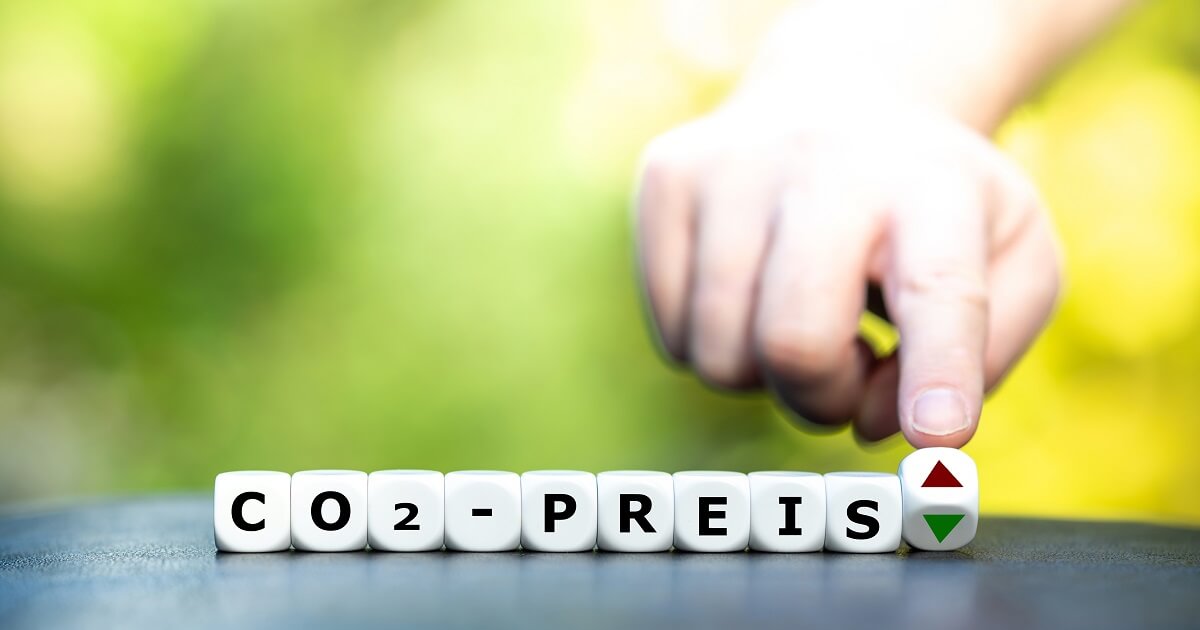
News Сonferences СВАМ 731 13 April 2021
The imposition of the СВАМ by the European Union may result in termination of exports of pig iron and a 10% decrease in exports of long products
GMK Center think tank estimates export losses of Ukraine’s steel sector from the imposition of the Carbon Border Adjustment Mechanism (CBAM) by the European Union at €155–200 million per annum, depending on scenario. This will also affect the financial results of the industry by €105–200 million per annum, reported Andrii Tarasenko, GMK Center Chief Analyst, at a round table on “The impact of CBAM on the steel industry of Ukraine”.
The CBAM covers annual exports of steelmaking companies worth around €2.5 billion. The exact scales of damage to national producers depend on the form of CBAM implementation.
“Two main scenarios for CBAM application are being currently considered: the first one suggests allocation of free emission allowances for producers of imported products (Scenario 1), whereas the second scenario implies no free import quotas and abolishment of free quotas for EU producers (Scenario 2). Scenario 2 assumes many times higher amounts of payments for the CBAM and is the least acceptable for producers of imported products, in particular Ukrainian ones,” explains Andrii Tarasenko.
The imposition of the CBAM will have a much stronger impact on Ukrainian steelmakers than on competitor companies from other countries. The dependence of Ukrainian steel companies on the EU market is 2.5 times higher than that of Russian ones, 5.7 times higher than that of South Korean steelmakers, and 11 times higher than that of Indian producers.
As an effect of the imposition of the ‘carbon tax’, production of pig iron is expected to fall by 500 thousand tons (-2.5% against 2019) and production of long products, including square billets, by 110 thousand tons (-1.4%).
According to Andrii Tarasenko, this may also trigger a drop in capital investment of up to €130 million per annum (-12% against 2019). In a long-term perspective, this will mean a chronic investment lag and a competitive disadvantage.
The scale of negative implications of the CBAM both for the industry and for the entire economy will deepen every year, because the price for emission allowances tends to grow.
As GMK Center reported earlier, in early March 2021, the European Parliament has approved a resolution to impose the CBAM. The European Commission is anticipated to make an official CBAM proposal until the end of Q2 2021. The CBAM is supposed to take effect in 2023 at the latest.
The EU views the CBAM as a special fiscal instrument that will force producers of imported products to pay the same price for СО2 emissions as European producers do.



